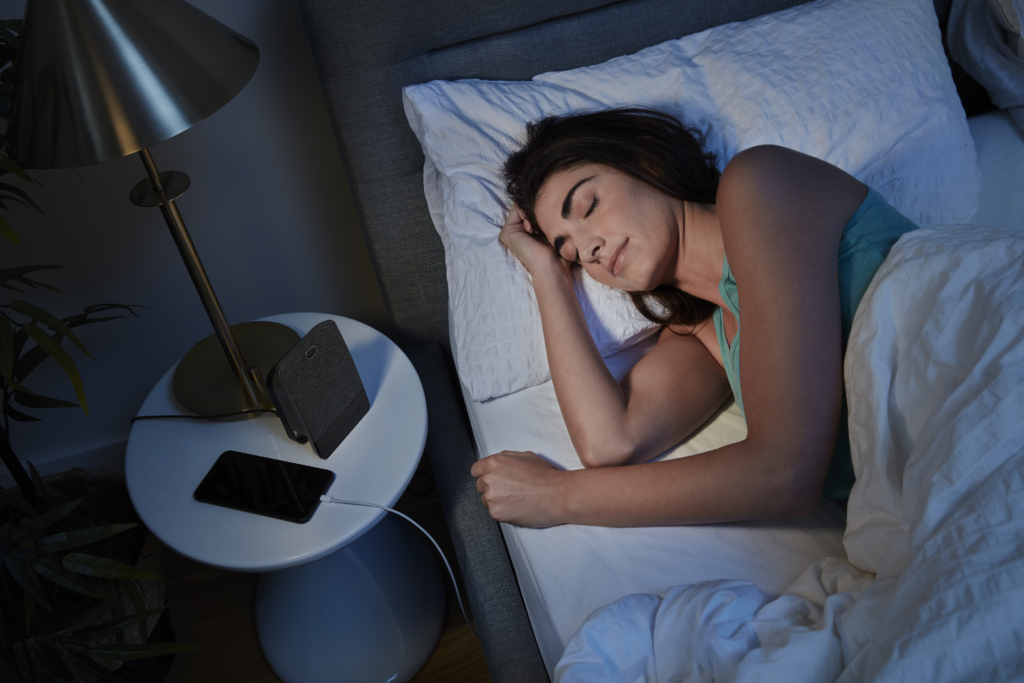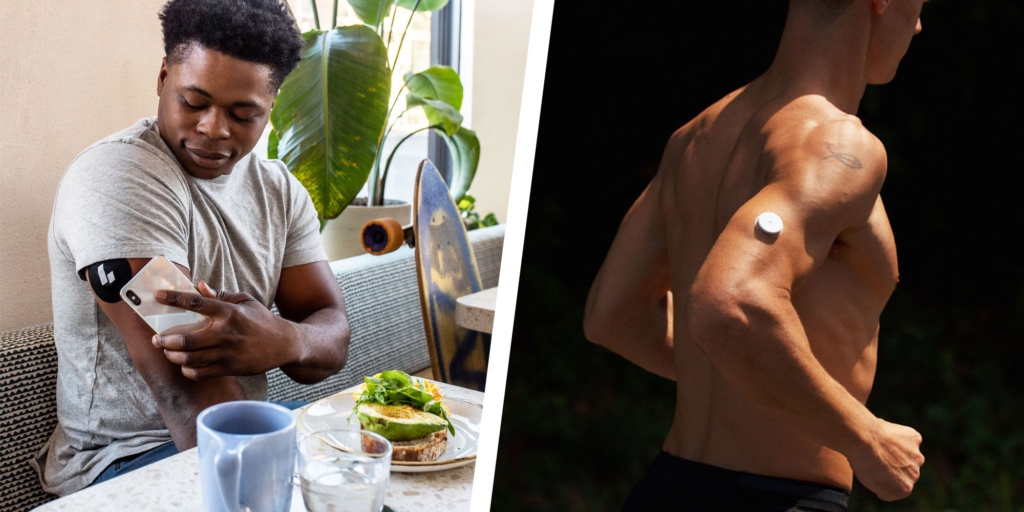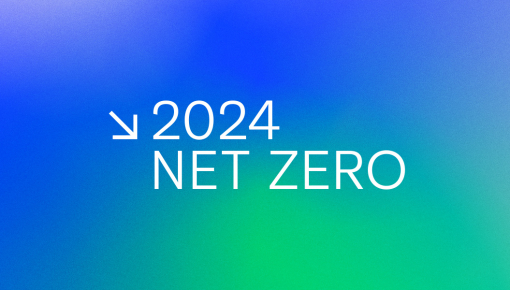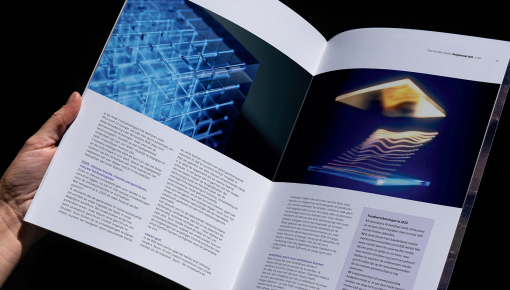Health at your fingertips
For obvious reasons, health has been in the spotlight in the last two years and the innovations in the healthcare industry most certainly reflect this. At CES 2022, we saw that when health care meets technology, prevention and early diagnostics take the centre stage.
Both play a pivotal role in maintaining good health and we are glad to see technology is helping the mainstream health care space shift towards preventative care and early detection.
Bringing Labs home, literally!
Self-care takes another leap with technology-based solutions that help us listen to our bodies.
What if every individual was given the ability to track their health, maintain it long-term and prevent crises?
Historically, healthcare has been under pressure in terms of demand and supply, with a limited number of caregivers (supply) and an increasing number of care-seekers (demand).
That’s exactly where we see technology starting to play a key role, by helping people monitor their own bodies and take action, without the need to book an appointment or incur a potentially large fee.
For example, Vivoo is putting full-body health check-ups in the hands of the consumer with a simple urine-based test strip. The strip is connected (wirelessly) with a digital interface that helps people understand the test results and act swiftly in case of crises.
Sleepscore is another such solution that helps people address challenges around sleep without needing a wearable. Its SONAR-based sleep tracking technology leverages smartphones’ hardware to track the smallest movement, through the Sleepscore app.

Another important aspect of health is metabolism: when does the body start breaking down energy and how often? Understanding metabolism helps us find optimal times to eat and exercise.
Lingo, a technology being developed by Abbott Laboratories will enable people to listen to their bodies in real-time. It will help determine levels of Ketone, Glucose, Alcohol, and Lactate. This will be especially beneficial for high-performance sports athletes. Freestyle Libre – a biosensor a fraction larger than a coin – is already helping athletes boost their performance and diabetic patients, live healthier lives by monitoring blood sugar and timing food intake.
Devices like Biosense and Avokadio are taking it even one step further, using the breath to analyze ketone and other biomarker levels to assess nutritional deficiencies and recommends dietic regimes. All it takes is a few conscious breaths to know the status of your internal processes and take action.
On the early diagnostic side, technology is helping healthcare professionals make informed decisions with speed and accessibility that was not possible before. The device that took the center stage is i-STAT TBI Plasma – a handheld blood test device. For the first time, we can understand the status of brain injuries through a simple blood test and i-STAT makes it possible within just 15 minutes. In addition, it can detect biomarkers related to various parts of the body such as the heart, kidneys, lungs, and even ovaries.
This level of accessibility can have impactful applications in the future, such as helping parents make an informed choice about their child’s cough – is it just another cough, the flu or something more? The potential to provide reassurance and reduce anxiety is certainly appealing – not to mention the potential to ease the burden on professional health services.

Personalized care and active engagement
Technology is bridging physical distances between health professionals and patients empowering both for a healthier outcome.
We are also seeing emerging technologies that help doctors provide personalized care to patients remotely, and in real time. For example, Abbott’s Infinity DBS (Deep Brain Stimulation) technology uses a device similar to a pacemaker, but for the brain, to help people with Parkinson’s to “tune out” tremors by adjusting neural stimulation. Doctors can remotely modulate the pulse to improve the patient’s movement.
Similarly, Vitalsight by Omron is a remote patient management program that helps patients deliver their blood pressure data to doctors and receive specific guidance and prescriptions without even getting up from their chair.
Digital Therapeutics is another domain where we see patients being helped with certain mental disorders and challenges outside of the doctor’s offices and office hours. We are seeing the first ever FDA approved programs, such as Reset and Reset-O by Pear Therapeutics, which uses a digital platform to help people with Substance Use Disorders (SUDs) make progress in their therapy treatment on their own, while their progress is tracked by mental health professionals remotely.
This not only helps the patient in vulnerable times but also amplifies the impact of in-person sessions. Products such as Ensemble by Happify Health and Daylight by Big Health are similar programs for treating anxiety related issues.
Summary
The common denominator in all these innovations is the ease with which they can be integrated with our daily lives. Moreover, we see a move towards a decentralized model, where testing, measuring, and tracking is expanding its boundaries beyond brick-and-mortar laboratories and making it accessible in places where it’s needed the most. In combination with ease of adoption, it works wonders in serving today’s on-demand generation.
This article is part of the 2022 Tech Innovations Report. To read more insights across the Food and Home tech sectors, check out the full report.



